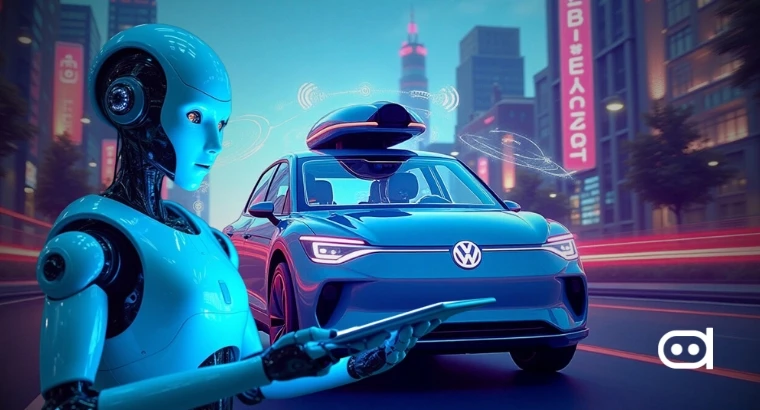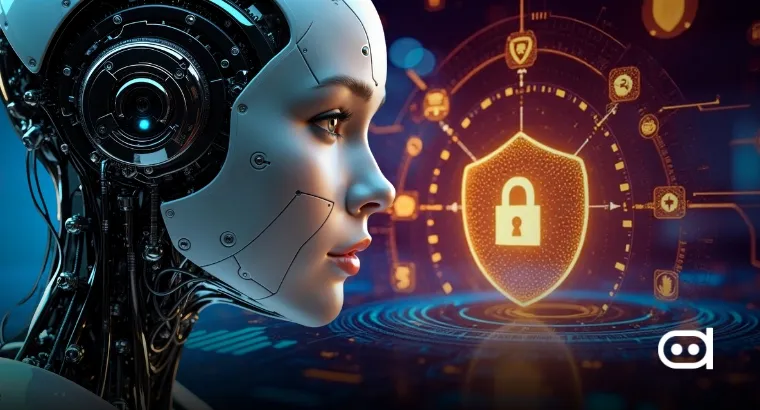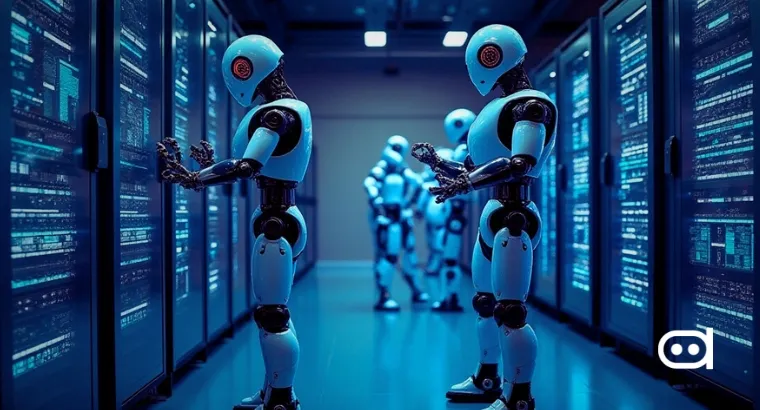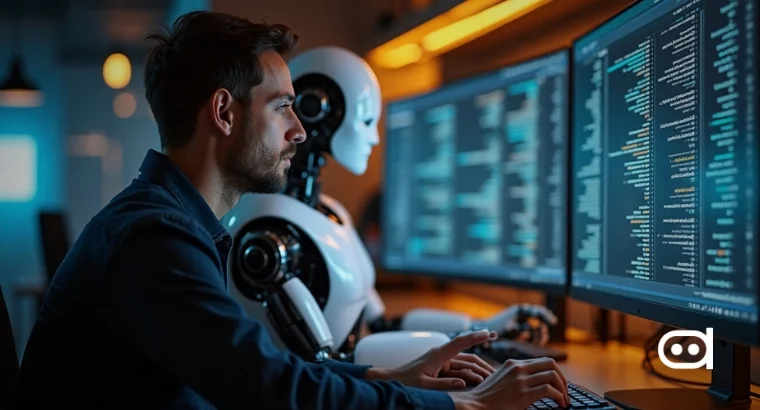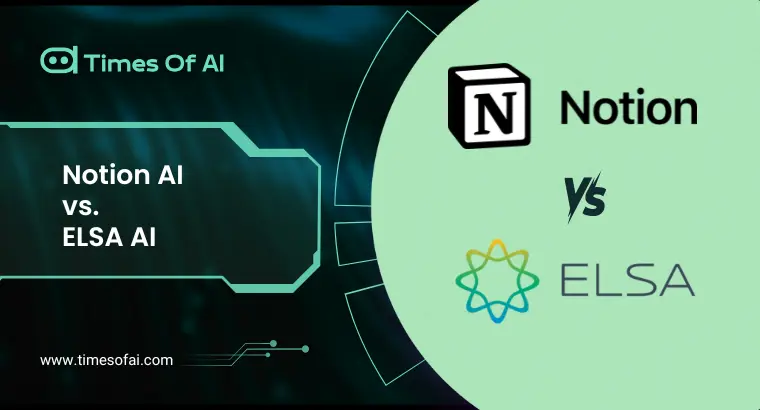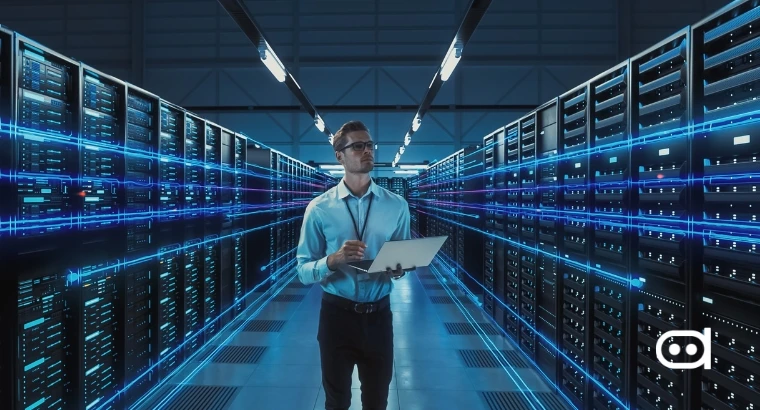
November 26, 2024 – A report published by Siemens Smart Infrastructure highlights the fact that digitalization is the important factor which will change the canvas in decarbonization opportunities and challenges. The report, “Digital Transformation, Sustainable Returns: The New Pathway of Infrastructure,” is based on a survey of 650 senior executives and emphasizes the point that comprehensive actionable data is needed for improving sustainable practices. Despite 54% of organizations being advanced in data-driven operations, significant data gaps persist in key areas like emissions (44%), plant performance (46%), and energy consumption (30%).
Artificial intelligence, the Internet of Things (IoT), smart grids, and infrastructure are moving forward toward more sustainable infrastructure. Respondents highlighted scalability, cost-effectiveness, and interoperability as the major benefits of adopting digital platforms. According to 33% of executives, artificial intelligence is the most impactful technology on decarbonization, making it an unrivaled potential for optimizing energy use while reducing emissions. Most organizations have poor management and analytics of mixed data sources because they are not conducive to making sound decisions about resource efficiency.
“Digitalization is a powerful enabler of sustainability, and decarbonizing our buildings, grids and infrastructure is within reach with solutions that exist today. For example, with IoT driving down the cost of smart building technologies, we can connect systems, reduce energy use, and unlock massive savings,” said Thomas Kiessling, CTO of Siemens Smart Infrastructure.
“To accelerate decarbonization and meet critical climate targets, we must harness digital technologies like AI and IoT in a more transformative way. The solutions exist, the savings are clear – there is no reason not to act now.”
Digital twins and smart grids simulate processes and optimize them in real time to improve efficiency, while edge technologies allow decentralized energy management and integration of renewable resources.
The Siemens study emphasizes that organizations must now close data gaps to maximize digitalization. With the promise of the right technology, industries can transform sustainability achievements and substantially shorten the road to net-zero emissions.
Latest Stories:
BrowserStack Rolls Out Advanced AI Visual Testing Suite
Bedrock Capital’s Geoff Lewis: OpenAI Leads AI Tech Race
SwiftMR to Take Center Stage at RSNA with AI-Driven MRI Breakthroughs

